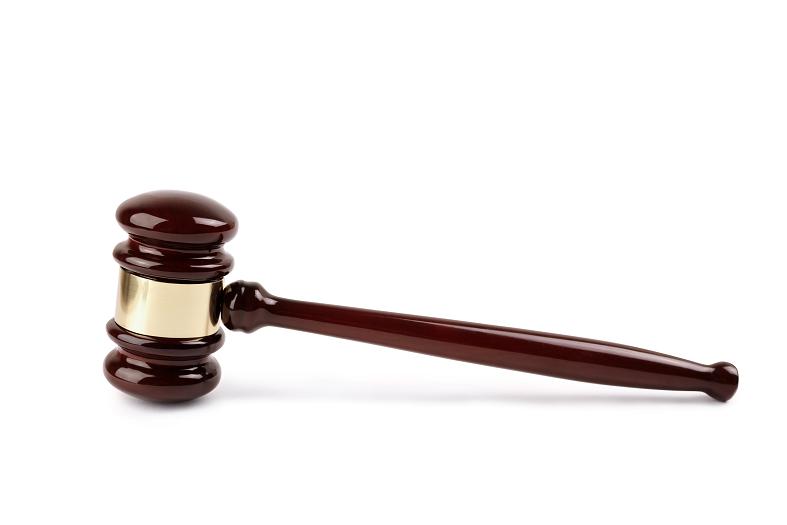Virginia Domestic Violence Attorney
In the Commonwealth of Virginia, domestic violence cases seriously concern the public at-large, as well as women’s rights groups, advocacy groups, legislators and law enforcement officials. If you or someone else you know is charged with this crime, it’s vital to obtain experienced Virginia domestic violence lawyer to make certain your case is handled properly and in your best interests. En Español.
- Defending a Domestic Violence Charge
- Penalties
- Prosecuting
- Investigations
- Child Abuse
- Spousal Abuse
- Evidence
- Differences Between Domestic Violence and Assault
- Contributing to the Delinquency of a Minor
Domestic Violence Statistics in Virginia
According to a recent 2012 study by the Virginia Attorney General’s Office, there are approximately 62,000 calls a year to domestic and sexual violence hotlines across the state. At least 166 men, women, and children lost their lives to domestic violence and thousands suffered injuries. Other facts included in the study:
- A 19.4 percent increase in homicide cases between domestic partners
- An 8.6 percent increase in domestic violence crimes
- A 35 percent increase in domestic violence crimes against people aged 65 and older
It is a crime in Virginia to injure, attempt to injure or threaten a member of your family or household. It is also a crime to inflict physical injury against a family or household member. Although the definition of “family or household member” is broad, it can be found at Virginia Code Section 16.1-228. Stalking and sexual assault are separate offenses that may also come under the umbrella of domestic violence depending on the particular circumstance.
Under Virginia law, if a police officer has probable cause to suspect that a person has committed assault and battery against a family or household member or violated a protective order by coming within a prohibited distance from the victim as part of a protective order, the officer may make an arrest without a warrant and take the person into custody. This is a major exception to the normal Virginia law that requires officers to first obtain an arrest warrant or witness the offense. An arrest can be made based on the victim’s statements with minimal investigation to corroborate the statements in certain instances. Speak to a NoVa domestic violence lawyer to know more about the laws in Virginia.
Protective Order Violations
 Many domestic assaults stem from intense emotional conflicts within a family. A protective order is granted to victims of those charged with, or convicted of, domestic violence.
Many domestic assaults stem from intense emotional conflicts within a family. A protective order is granted to victims of those charged with, or convicted of, domestic violence.
In many instances, a civil protective order is granted upon the initial complaint of domestic violence. That emergency protective order or “EPO” is granted to allow a cool-down period. If the party seeking the order wants to extend the EPO, a preliminary protective order or “PPO” may be granted upon a demonstration of supporting facts in line with the Virginia Code’s requirements. In some cases, that preliminary protective order may be extended for up to two (2) years regardless f of the outcome of any criminal charges.
Protective orders also exist in the post-conviction context. After serving a jail term for assault or battery charges, a person can be served with a protective order prohibiting him or her from contacting the victim. The perpetrator must immediately find someplace else to live if violence has been committed against an actual family member. The specific terms of the protective order will be outlined on the document itself and it can encompass a myriad of case-specific instructions.
Protective orders forbid the violator from further contact with the victim, although there are exceptions that allow limited contact in the supervised presence of lawyers, police officers or court officials. The Commonwealth of Virginia issues three different types of protective orders designed for individual circumstances. They are:
- Emergency Protective Order (EPO) – This order is granted after an arrest is made or when there’s reason to believe the possibility exists for future domestic violence.
- Preliminary Protective Order (PPO) – A PPO is granted to victims who can convince a family court judge that they or their family members are in danger of domestic abuse.
- Protective Order (PO) – This order is granted when victims make a formal request of the court. Formal protective orders can remain in effect for as long as two years and violating the order is considered a crime. If any additional court orders are added to the original protective order they can include:
- The accused must seek rehabilitative treatment
- The abuser must find alternate housing or relocate (though a temporary order to relocate can be a part of an EPO)
- The accused must relinquish custody of a child or children on a temporary basis
- The accused is prohibited from any form of contact with family members
Assault & Battery of a Family Member
Domestic violence, known in the Code of Virginia as Assault and Battery of a Family Member under Section 18.2-57.2 is a class 1 misdemeanor with penalties of up to 12 months in jail and/or a fine of up to $2,500. A first time offender could be placed on probation and receive a deferred finding pursuant to Virginia Code Section 18.2-57.3 under certain circumstances. If the defendant has prior convictions for assault and battery, malicious wounding, or aggravated malicious wounding against a family or household member in Virginia or elsewhere, the case may be elevated to a class 6 felony, punishable by 1 to 5 years in prison, or, at the discretion of a jury or the court, up to 12 months in jail, and/or up to a $2,500 fine.
When anyone is charged with domestic violence, their freedom, livelihood, reputation, and constitutional rights are at stake. Our team of lawyers include highly skilled and experienced Virginia domestic violence attorneys.






